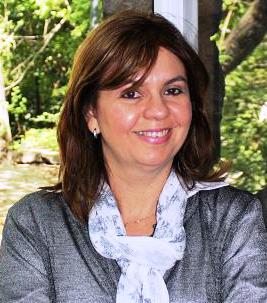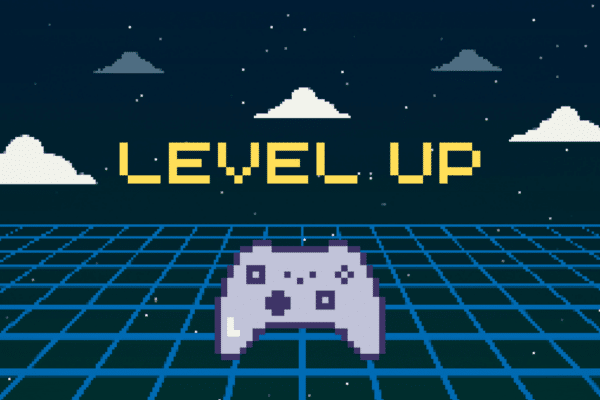A Little More on Professional Development
Professional Development is an area which I really like talking and writing about. Yes, I’ve written about it before, but for me it’s never too much and I hope it’s not for you too.
For years I have been working with other teachers’ PD and mainly I have tried to work hard on my own PD. However, I have noticed that some teachers, mainly the novice ones, are not aware of the importance of PD in their professional lives. I don’t blame them. In a country where teachers struggle with good salaries, PD is considered to be expensive and time consuming, not to mention that it brings little return regarding making money.
So at what extent PD is really understood? Do we really have to pay so much for it? These are some issues I’d like to reflect here with you.
Professional Development refers to the acquisition of skills and knowledge, both for personal development and for career advancement. Professional development encompasses all types of facilitated learning opportunities, ranging from college degrees to formal coursework, conferences and informal learning opportunities situated in practice. It has been described as intensive and collaborative, ideally incorporating an evaluative stage. There are a variety of approaches to professional development, including consultation, coaching, and communities of practice, lesson study, mentoring, reflective supervision and technical assistance.
Image from eltpics by @mrsdkrebs
Well, in most schools and institutions today, language teachers are expected to keep up to date with developments in this field, to regularly evaluate and review their teaching skills, and to take on new teaching assignments, certificates and diplomas according to each institutional policy. They are also expected to present workshops, work as mentors and present papers at seminars and conferences.
Based on the literature upon the theme I’d like to share with you some concepts and how to implement PD from the teachers’ perspective.
Teachers can plan many aspects of their own PD and some actions can be carried out under the teachers’ own initiative, although the institution can and should play an important role in facilitating individual initiatives of its teachers.
Choosing your priorities: As a starting point, I suggest teachers to focus on particular issues that seem to be important to their teaching and that they would like to know more about such as:
- To become more informed about the field
- To learn more about learning strategies and to explore ways of incorporating a focus on strategies into their own teaching
- To develop more effective ways of assessing students
- To work on collaborative materials-development projects with colleagues
- To improve aspects of their teaching which are in need of reviewed.
As a teacher and teacher trainer I’m constantly drawing mind maps and setting goals which have really helped me prioritise.
The number of strategies and suggestions for PD is huge. I’ll just suggest some which have helped me a lot along my career as a teacher and as an educator (Suggestions by Jack Richards* )
- Talk to people who have taken part in a PD activity – Try to meet and talk to them. The internet is a wonderful source to meet teachers and educators from all over the world. Building a PLN (Professional Learning Network) is for free and allow you to have access to a lot of different ideas, intercultural and multicultural communities, mentoring courses, articles, blogs, lesson plans, forums, individual conversations, etc. It will give you the opportunity to know how those educators experienced different activities and situations similar to yours.
- Decide what kind of support you will need – Nobody is an island. So if you need support, do not hesitate to ask for help. It could be from your DOS or coordinator, from a colleague or a tutor. The institution and you will certainly benefit from it.
- Select a colleague to work with – Yes! I do believe our colleague teachers are one of our best sources. I have experienced that for years and learned a lot from my colleagues both face-to-face or online and it has helped me improve my teaching and be more critical about it. Remember it has to be someone you really trust because this relationship can be in the form of critical friendship, team teaching, peer coaching or a teacher support group.
- Set realistic goals and establish a time frame – It’s important not to underestimate time commitment. Teachers are very busy teachers who are always busy and full of extra work. You are the best judge of your own time and availability. Set goals and plan to reach them according to your availability and needs. Unreached goals may cause you frustration and a feeling of failure.
- Evaluate what you have learned and share the results with others – Once you have carried out an activity such as a team teaching, a journal, a case study, or assembled a portfolio, step back and review what you learned from the process and whether the process could have been improved or modified in a way. If necessary, give your PD a new direction. If not, congratulations! It’s time to move to another PD stage!
Enjoy your teaching!
Reference: Jack C. Richards, Thomas S. C. Farrell- Professional development for Language Teachers. 2005 Cambridge University Press







